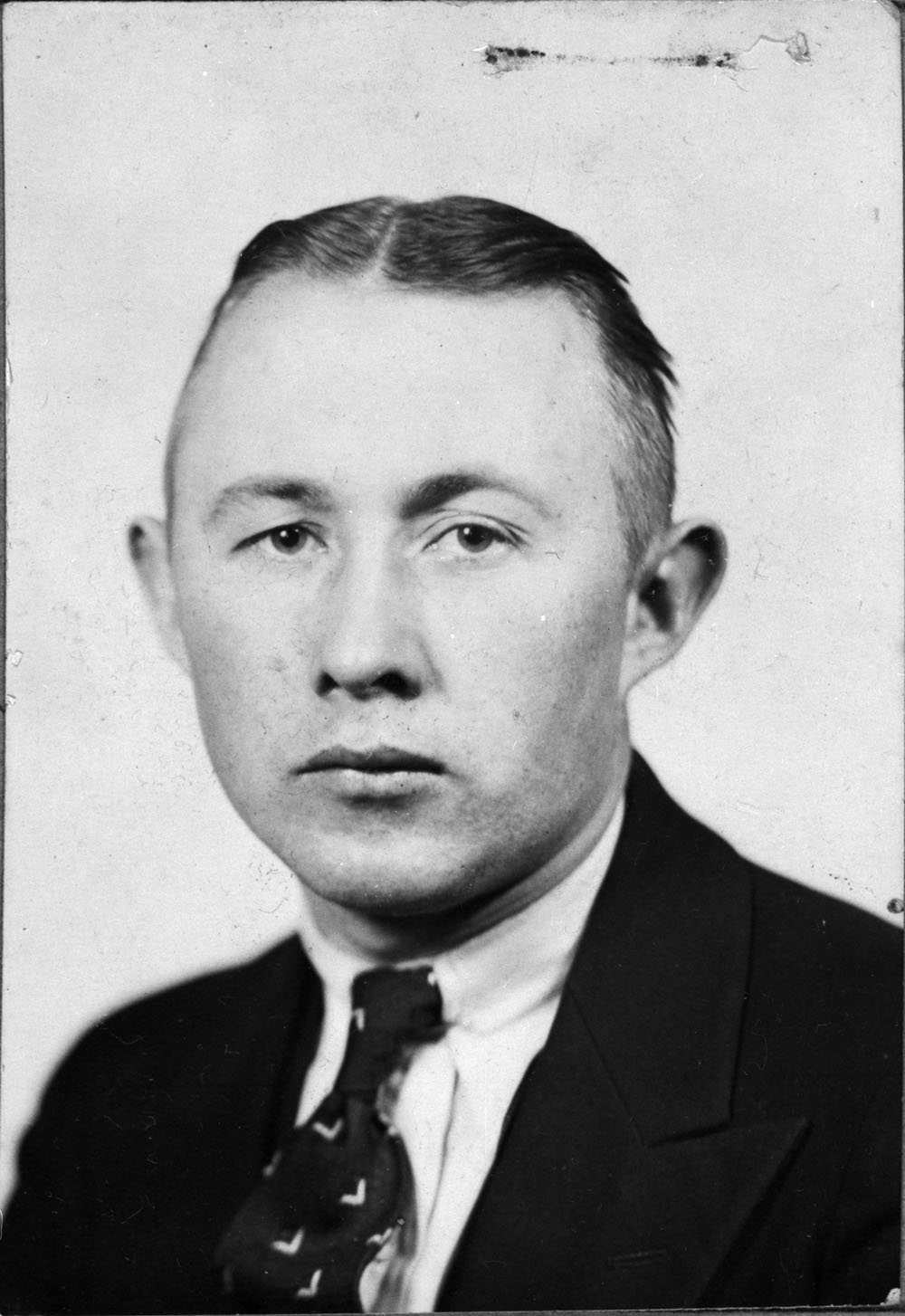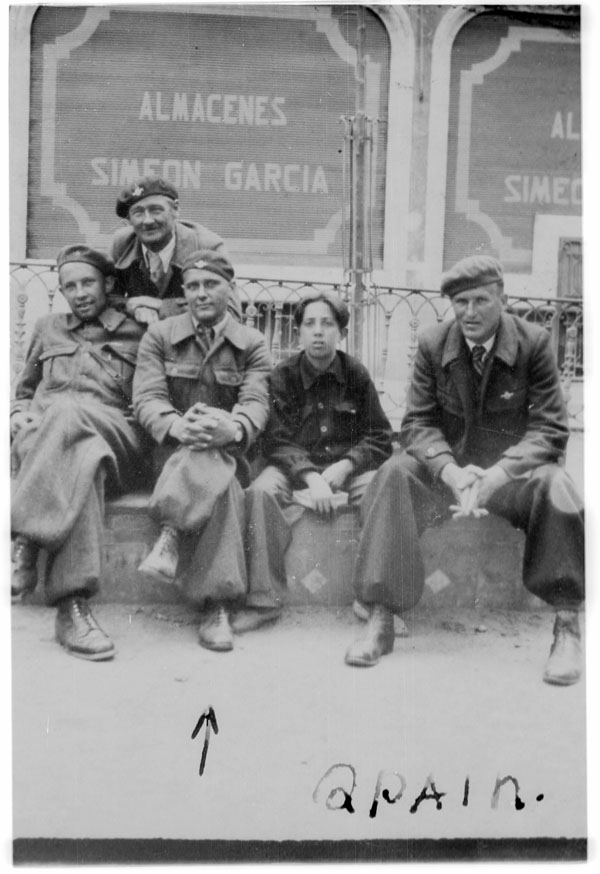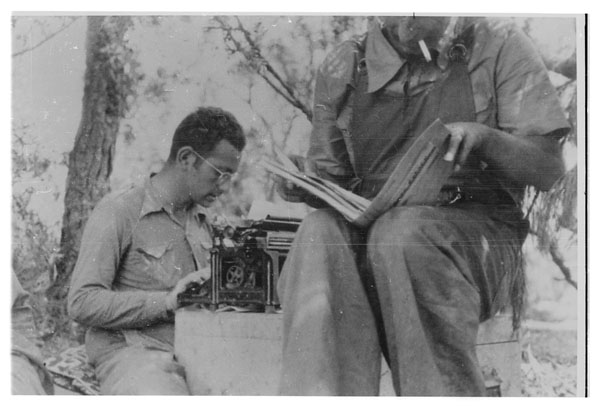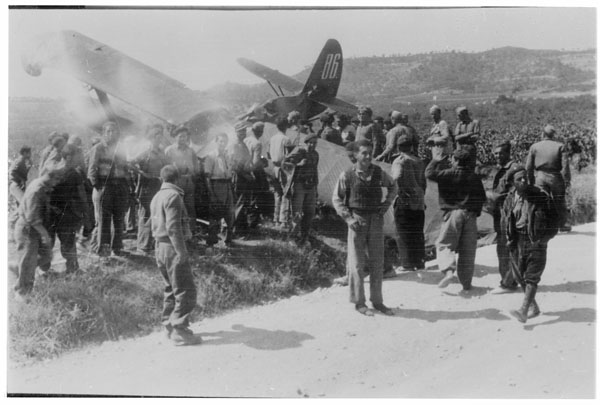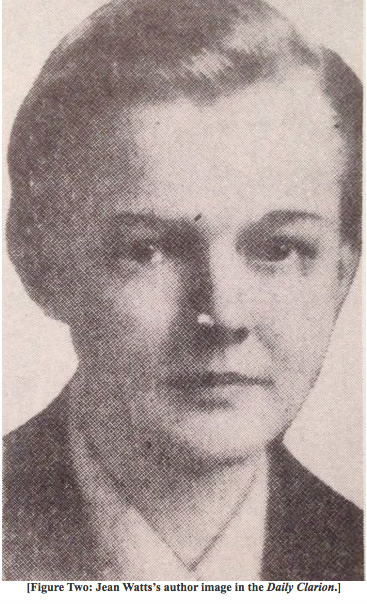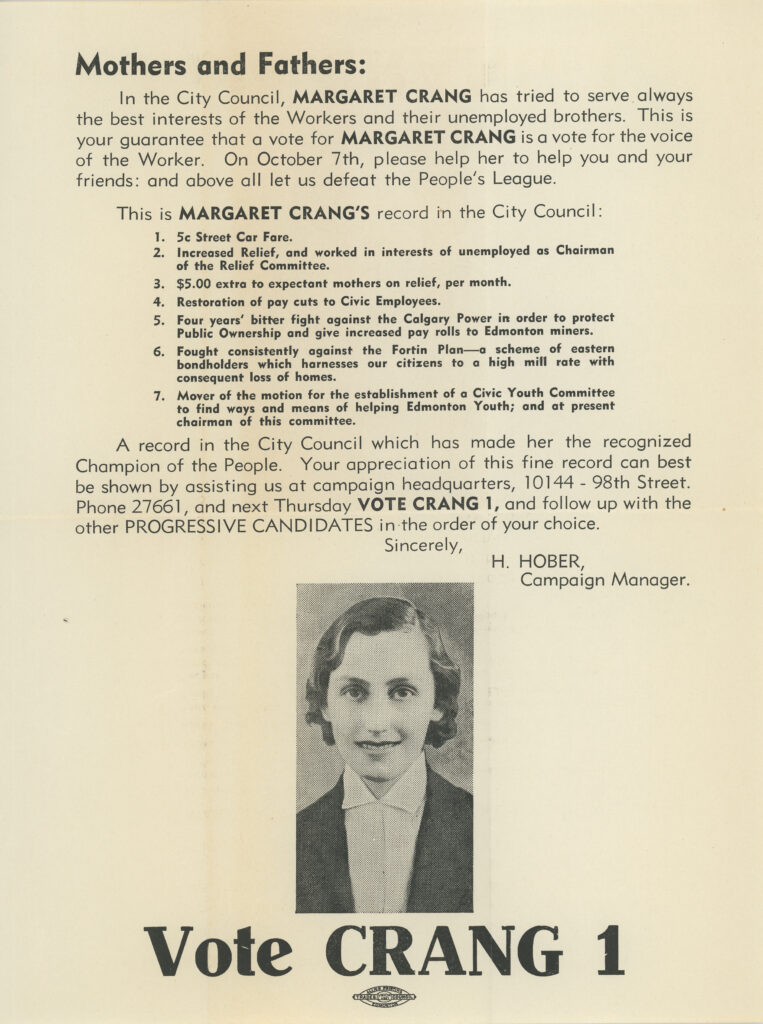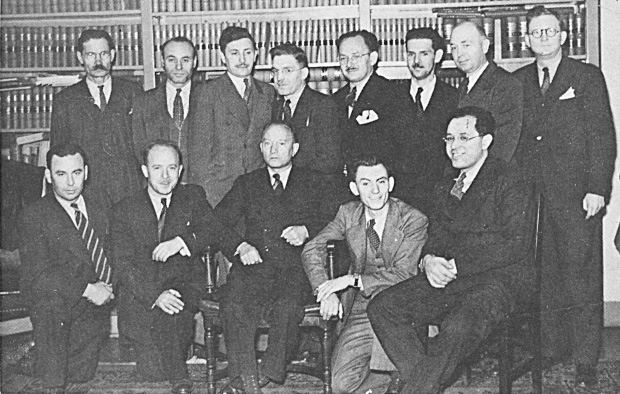Canada was officially neutral in the Spanish Civil War (1936–39), which was fought between the Republican government of Spain and the Nationalist rebels led by General Franco. However, many Canadians supported the Republican cause. Despite the Foreign Enlistment Act of 1937, which banned Canadians from participating in foreign wars, approximately 1,700 volunteered to fight for the Republican cause in the International Brigades. Canadians served in American or British units until July 1937, when the Mackenzie-Papineau Battalion was formed. An estimated 400 to 750 Canadians died during the Spanish Civil War.
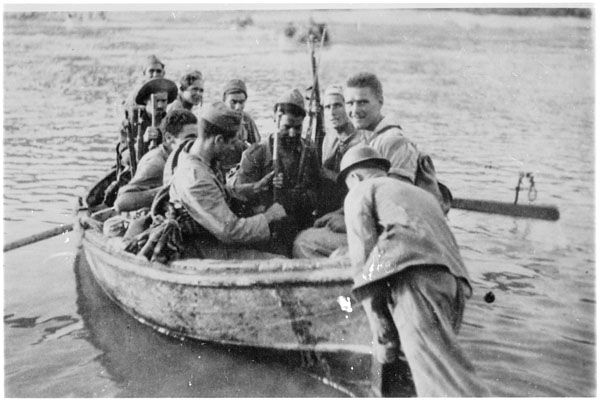
Spanish Civil War
The Spanish Civil War followed decades of political change and polarization in Spain. For much of the 1920s, Spain was ruled by military dictator General Miguel Primo de Rivera, with support from the country’s king, Alfonso XIII. In 1931, the king went into exile and a republic was declared. Economic hardship during the Great Depression contributed to increasing dissatisfaction among the Spanish people. On 16 February 1936, the left-leaning Popular Front party was elected to power. On 17 July 1936, conservative nationalist forces staged an army mutiny and attempted coup. The civil war had begun. Both sides committed widespread atrocities.
The Republican government was supported by most left-leaning groups in Spain, including socialists, communists, liberal democrats and anarchists. These groups included urban workers, agricultural labourers and much of the educated middle class. The Nationalist insurgents, led by General Francisco Franco, had support from conservatives, including many Roman Catholics, monarchists, landowners, businessmen, and elements of the Spanish military, as well as fascist groups.
Both the Republicans and Nationalists turned to other countries for help. Germany and Italy, then under fascist leaders Adolf Hitler and Benito Mussolini, contributed planes, pilots, tanks, artillery, instructors and tens of thousands of soldiers to the Nationalist cause. The Republican government, however, had difficulty securing support from other countries. Many countries signed a Non-Intervention Pact, which included an arms embargo. This severely restricted the Republican government’s ability to purchase weapons, although it received some from Mexico and France. The Republic’s greatest support came from the Soviet Union, which supplied the government forces with aircraft, tanks, trucks, fuel, artillery and ammunition, and provided military advisors, intelligence officers, pilots, tank drivers and instructors.
Canadian Response to the Spanish Civil War
Like most other countries, Canada decided not to become officially involved in the Spanish Civil War. However, many Canadians closely followed the conflict in newspapers and other publications, and some raised funds for the Republican cause. There was, however, also sympathy for the Nationalists among some Canadians.
The Spanish Civil War inspired poems, articles, novels and plays by Canadian writers, including Charles Yale Harrison, Ted Allan, Jean Watts, Herbert Dyson Carter, Hugh Garner, Milton Acorn, Patrick Anderson, Louis Dudek, Dorothy Livesay, Leo Kennedy, Miriam Waddington, Ralph Gustafson, Abraham Moses Klein, Edwin John Pratt and Francis Reginald Scott. Some of these writers also volunteered for the Republican cause in Spain.
Canadian Volunteers in Spain
Despite the Non-Intervention Pact, approximately 40,000 foreign volunteers served in International Brigades on the Republican side, while another 20,000 served in medical and auxiliary units.
Approximately 1,700 Canadian volunteers travelled to Spain, where they fought on the Republican side. Many had been unemployed and forced into relief camps during the Great Depression. Nearly 80 per cent were recent immigrants and approximately 76 per cent were affiliated with the Communist Party of Canada. Among the latter were surgeon Norman Bethune and writer Jean Watts, one of a few Canadian women to serve in Spain.
The Canadian government was concerned by the leading role played by Communist organizers in recruiting volunteers. In 1937, parliament passed the Foreign Enlistment Act, which banned Canadians from participating in foreign wars. This didn’t stop recruitment, however, and none of the volunteers were ever prosecuted.
Canadian volunteers didn’t have their own unit in the International Brigades until July 1937. Instead, they served in the Abraham Lincoln Battalion, the British Battalion or other units, including medical and transportation detachments. By July 1937, however, the Mackenzie-Papineau Battalion had been established. The battalion, which included American as well as Canadian volunteers, was named for William Lyon Mackenzie and Louis-Joseph Papineau, the leaders of the Rebellions of 1837. For most of the war, the unit was commanded by Canadian militiaman, journalist and editor Edward Cecil-Smith. The “Mac-Paps” fought in several major campaigns and suffered heavy casualties.
Legacy
By 1 April 1939, the Republic had crumbled. General Franco took control of the Spanish government, ruling as a dictator until his death in 1975. Spain was officially neutral during the Second World War, although Franco was sympathetic to the Axis powers.
Approximately 500,000 soldiers and civilians died during the Spanish Civil War, including an estimated 400 to 750 Canadian volunteers. When the survivors returned to Canada, they received a warm welcome from supporters but no official recognition, given the prohibition against serving in foreign conflicts. Moreover, many were viewed with suspicion by the RCMP because of their affiliation with communist organizations and prevented from fighting in the Second World War.
Public interest and appreciation has grown since the 1970s, however, and there are now monuments to the Mackenzie-Papineau Battalion in Ottawa and Toronto, Ontario, and in Victoria, British Columbia, as well as a memorial stone in Cumberland, British Columbia, and a plaque in Winnipeg, Manitoba.
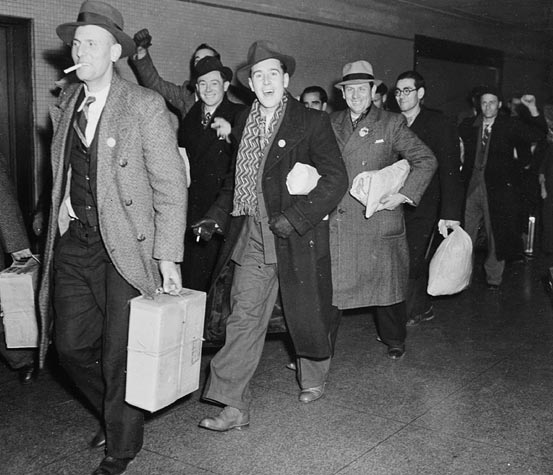

 Share on Facebook
Share on Facebook Share on X
Share on X Share by Email
Share by Email Share on Google Classroom
Share on Google Classroom

